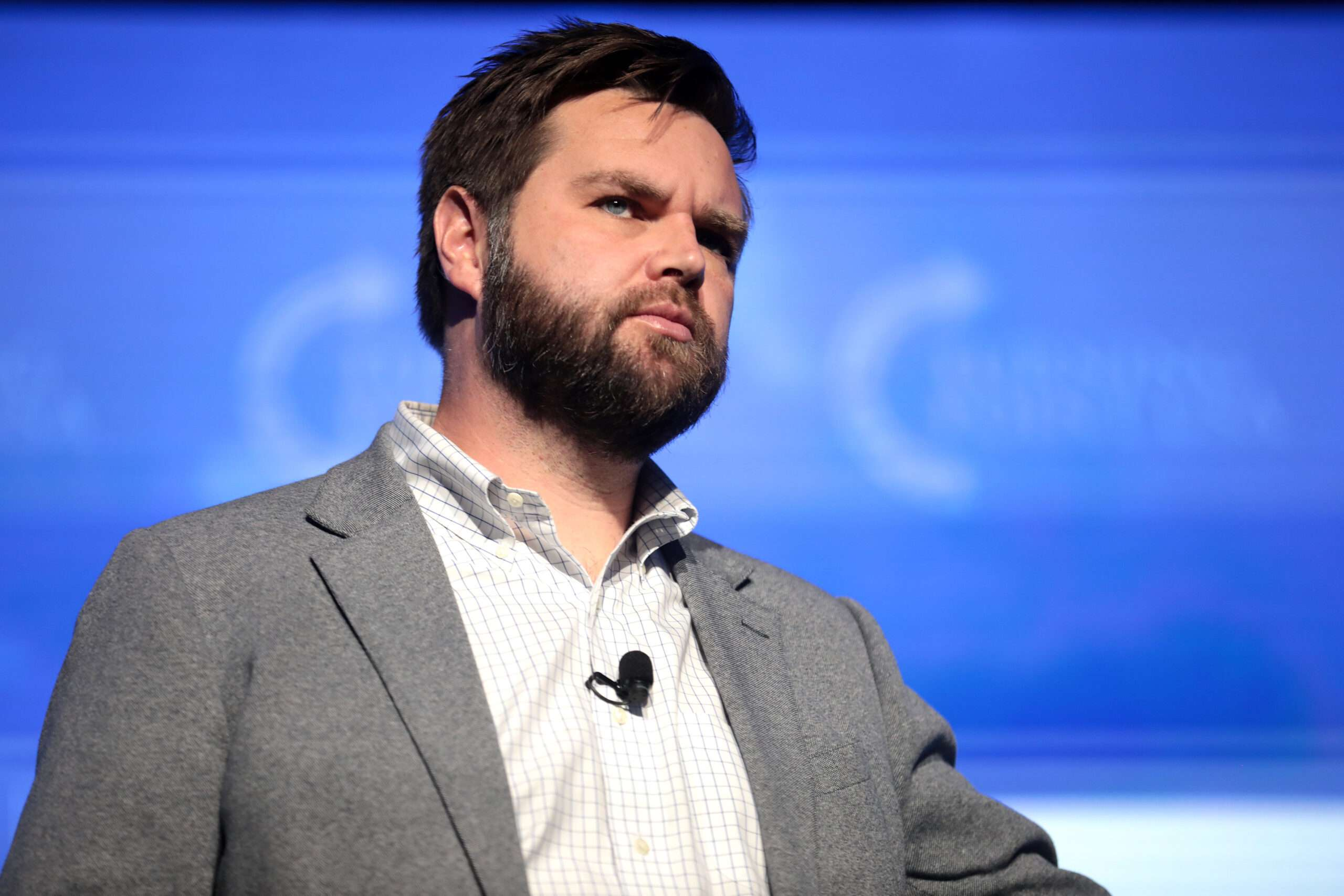Deloitte is under fire from Trump allies after an employee reportedly leaked private messages involving JD Vance, now Trump’s running mate. The incident has sparked a backlash, with prominent Trump figures calling for the consulting firm to face repercussions from the federal government, given its extensive government contracts.
The controversy began after The Washington Post published a story on September 27 revealing Vance’s private criticism of Trump in a 2020 message, in which Vance said Trump had “thoroughly failed to deliver” on his economic agenda. Although the source of the leaked messages was not identified in the report, Trump’s eldest son, Donald Trump Jr., quickly responded on social media, sharing what he claimed was the identity of the Deloitte employee responsible for leaking the messages. He implied that Deloitte should face consequences, highlighting the firm’s significant earnings from federal contracts, which amounted to about $3 billion in fiscal year 2024. Trump Jr. hinted that Deloitte’s lucrative government work could be at risk, stating, “Maybe it’s time for the GOP to end Deloitte’s taxpayer-funded gravy train.”
This post was echoed by senior figures within Trump’s circle, including campaign senior adviser Jason Miller and a Vance spokesperson. The incident escalated when Trump Jr. later tweeted that Deloitte had not yet commented on the matter, accusing the firm’s employee of working with The Washington Post to “help Kamala Harris.” He promised, “We’re not forgetting this.”
Despite the uproar, neither Trump nor Vance has publicly threatened Deloitte, and Trump Jr. has clarified that he does not plan to hold a role in government. However, the attacks from Trump’s allies have drawn criticism from various quarters. Jeffrey Sonnenfeld, founder of the Yale Chief Executive Leadership Institute, called Trump’s behavior “outrageous” and warned of the dangers should Trump return to the White House, citing the potential for weaponizing the federal government against private businesses.
Throughout his political career, Trump has been known for his confrontations with major corporations. In recent weeks, Trump has threatened companies like John Deere with high tariffs and suggested using the Justice Department to go after Google. Past targets have included Apple, Harley-Davidson, and Amazon, among others. Sonnenfeld noted that Trump’s frequent attacks on iconic American companies represent an “unparalleled vindictiveness and intrusion into private sector decision-making.”
Legal experts also weighed in on the Deloitte situation. Richard Painter, the chief ethics lawyer in the George W. Bush administration, described the attacks as “shameful” and argued that targeting Deloitte’s federal contracts over political reasons would be an abuse of federal contracting law. He emphasized that procurement decisions should be based on quality, price, and taxpayer value, not political affiliations or actions.
Deloitte has distanced itself from the controversy, clarifying that the employee acted independently. A company spokesperson, Jonathan Gandal, stressed that Deloitte is a non-partisan firm and remains committed to serving government and commercial clients across the political spectrum. Gandal also highlighted Deloitte’s 150,000-strong workforce, underscoring that the actions of one individual do not reflect the entire organization.
Despite Trump Jr.’s accusations, The Washington Post has stated that it informed the Deloitte employee of the possibility of his identity becoming public. Trump Jr. defended his comments, asserting that he was exercising his right to voice his opinion about how taxpayer money is spent. He also criticized the Deloitte employee and the Post journalist involved in the story, labeling them both “scumbags.”
Experts like Norman Eisen, a senior fellow at the Brookings Institution, warned that the episode may foreshadow how Trump and his allies could retaliate against perceived enemies if Trump returns to power. Eisen emphasized the need to take these threats seriously, particularly given the implications for businesses and individuals who may face government-backed retaliation.


















